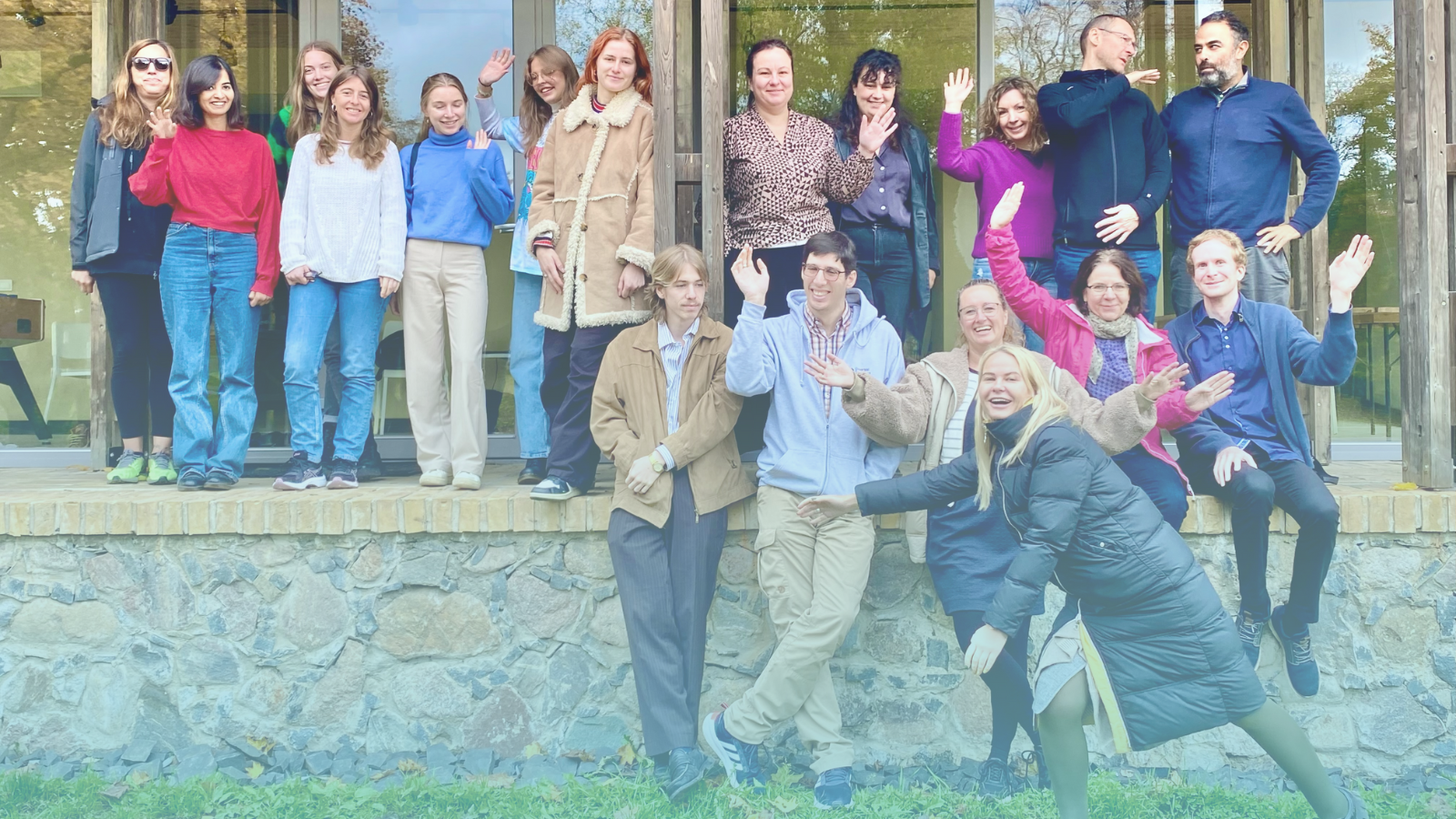“These kind of trainings are extremely beneficial as they help to distinguish what you already know and find new aspects in your own journalistic work” – said one of the training participants Vida Grišmanauskienė of radio FM99. Vida, together with other 20 journalists from Vilnius and its surroundings, participated in the trainings / workshop themed Human rights in the media: ethical and legal aspects of representing societal groups. Participants of the trainings were greeted by a substantial number of experts from the fields of human rights, media and research, who were determined to seek answers and solutions to the issues arising in their daily work.
Lithuanian experts shared their experience in trainings for journalists (video)
“These kind of trainings are extremely beneficial as they help to distinguish what you already know and find new aspects in your own journalistic work” – said one of the training participants Vida Grišmanauskienė of radio FM99. Vida, together with other 20 journalists from Vilnius and its surroundings, participated in the trainings / workshop themed Human rights in the media: ethical and legal aspects of representing societal groups. Participants of the trainings were greeted by a substantial number of experts from the fields of human rights, media and research, who were determined to seek answers and solutions to the issues arising in their daily work.
“Journalistic competences are directly related both to the topics that are chosen and their further development, that is, the selection of the sources, taking a critical look into various pieces of information provided by distinct groups” – said the initiator of the trainings Neringa Jurčiukonytė, the director of zmogui.lt. The program of the trainings was comprised of both formal and informal methods of education. According to N. Jurčiukonytė, this composition of such dynamic methods allows participants to recognize their own prejudice and reflect on the ways it affects their work.
”As a journalist, I took more from the lived experience. Diving into this kind of practical workshops broadened my horizons, helped to value more the conversation in itself. People have a lot to tell us but due to the time constraints we strive to work with information as fast as possible and therefore we are not able to listen and hear them fully” – shared her experience one of the training participants Ramunė Vlasenkienė.
The trainings began with the lecture on the discrimination of socially vulnerable groups given by the director of the coalition I CAN LIVE Jurgita Poškevičiūtė. The media representation of the most socially vulnerable groups was reviewed by prof Aleksandras Dobryninas of Vilnius University. The expert from Centre for Equal Opportunities Margarita Jankauskaitė also took part in the trainings where she gave a lecture on social gender narrative which sparkled a discussion among the participants about the currently existing gender narrative and the importance of its orderly construction.
On the second day of the trainings the participants had a chance to listen to the lawyer Liudvika Meškauskaitė. She presented the right to privacy and discussed the aspects of discrimination of socially vulnerable groups in the media. Psychiatrist Dainius Pūras posed a question to the audience: who is a danger to whom – people with mental disability to society or vice versa? During his talk, the psychiatrist discussed the power of the media in forming social narrative about mental disability. The trainings were finalized with the presentation from Deividas Velkas, the inspector’s adviser at the Journalistic Ethics Committee, who discussed when media messages become hate speech and how to recognize it.
Here are some of the most memorable moments from the trainings:


